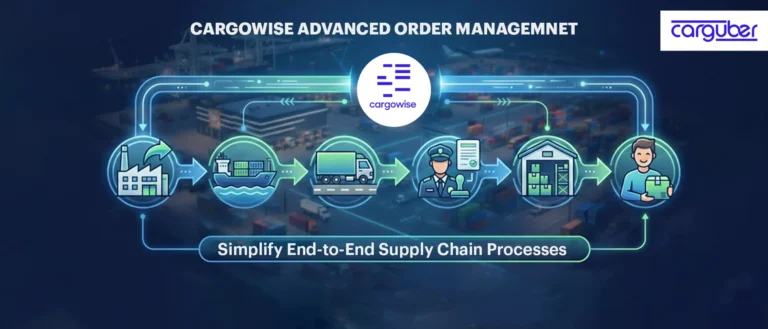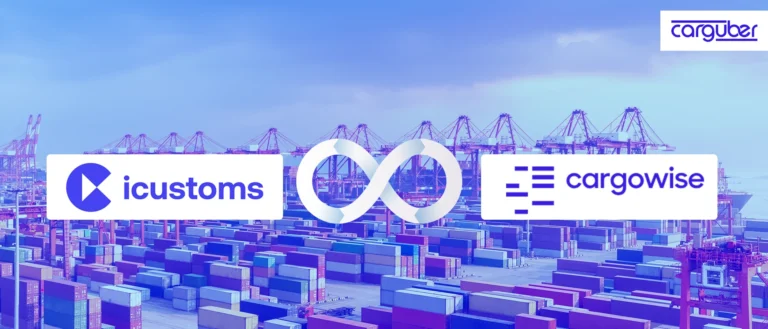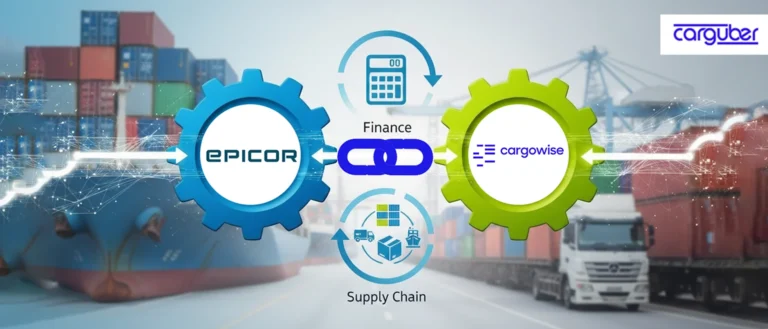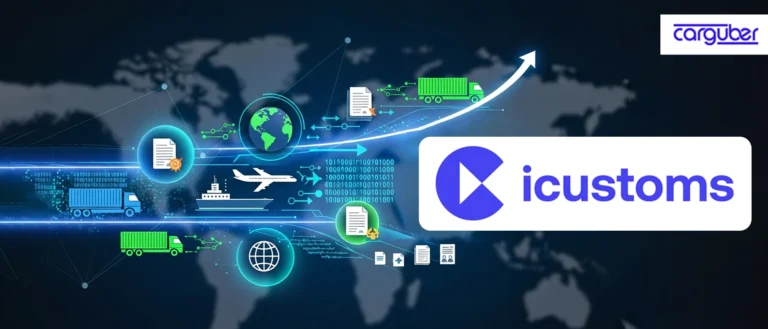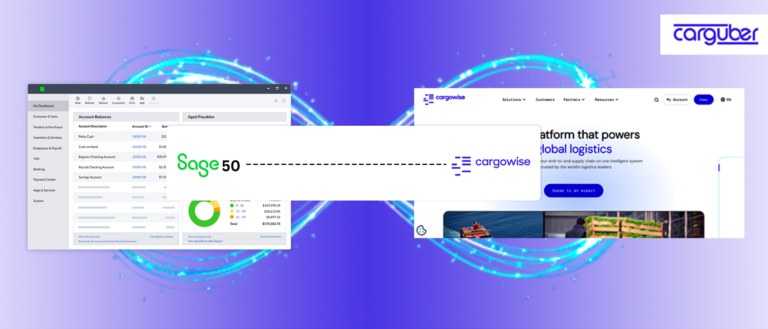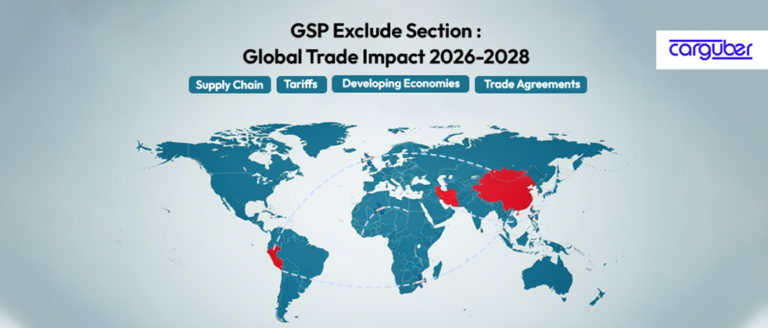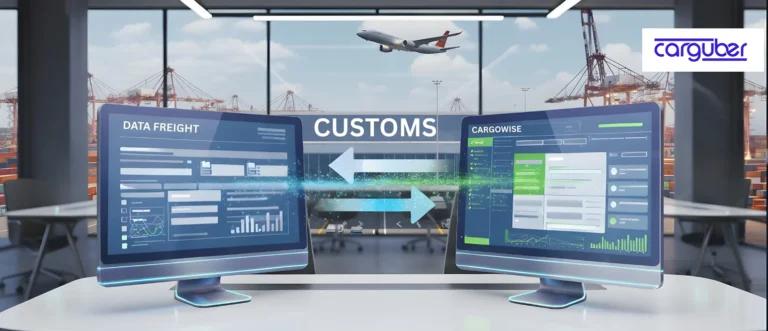What Makes Magaya ERP a Smart Choice for Logistics Businesses?
You need more than spreadsheets and handwritten checklists to run a logistics business, particularly one that handles finance, customs, warehousing, and freight transportation. That’s where Magaya ERP comes in. Designed specifically for the supply chain and logistics sector, Magaya brings together all your key functions in one powerful, flexible system. Whether you’re handling imports, exports, warehousing, or 3PL services, Magaya offers the tools to get things done faster, smarter, and with better visibility.
What is Magaya ERP and Who is it For?
Magaya is a logistics-focused ERP solution headquartered in Miami, Florida, with a global presence across the Americas. It’s built for mid-sized and large enterprises across various industries like freight forwarding, third-party logistics (3PL), distribution, and warehousing.
What sets Magaya apart is its flexibility. It supports cloud-based, on-premise, and hybrid deployments, making it ideal for companies that need both accessibility and customization. Whether you’re managing a large warehouse network or coordinating cross-border shipments, Magaya is designed to simplify your operations, boost accuracy, and provide real-time data for better decision-making.
Key Features and Modules of Magaya ERP
Magaya comes packed with industry-specific modules that help businesses manage logistics from end to end. Here’s what you can expect:
Warehouse Management System (WMS):
Helps automate and simplify daily warehouse tasks such as receiving, picking, packing, and inventory control.
Transportation Management System (TMS):
Gives you the tools to plan routes, track shipments, and manage carriers efficiently.
Freight Forwarding Module:
Handles international and domestic shipments, documents, customs compliance, and multi-modal transport coordination.
Customs Brokerage:
Supports duties, taxes, and regulatory documentation, ensuring a smooth clearance process across global borders.
Accounting Integration:
Connects smoothly with external accounting platforms and includes built-in financial tools for invoicing, billing, and payment tracking.
Business Intelligence & Reporting:
Real-time dashboards and customizable reports give you insights into operational KPIs, costs, and revenue.
Mobile Accessibility:
Magaya apps are available on iOS and Android, so your team can manage shipments or warehouse tasks on the go.
It also integrates well with major ERP, CRM, and eCommerce platforms, offering a connected experience across your supply chain tech stack.
Why Logistics Companies Choose Magaya?
Businesses choose Magaya because of its extensive feature set and the way it is customized to meet practical logistics requirements. Here are a few of the more notable advantages:
Comprehensive, All-in-One Platform
Magaya allows businesses to run warehousing, freight, transport, and finance from a single interface, and no need to jump between systems or reconcile disconnected data.
Scalable and Flexible
Whether you’re a freight forwarder managing a few shipments a day or a large 3PL with global contracts, Magaya scales to meet your needs. Its deployment options also make it easier to tailor based on infrastructure.
Real-Time Visibility
From cargo location to order status to warehouse stock levels, Magaya provides live data so you can respond to issues faster and improve customer satisfaction.
Advanced Security and Compliance
With encryption protocols and strong access control measures, Magaya ensures that sensitive data is protected and regulatory requirements are met.
Robust Support and Training
Magaya offers a comprehensive helpdesk, phone support, video tutorials, and onboarding sessions to make sure users can confidently adopt and utilize the software.
Pricing: What Does Magaya Cost?
Magaya follows a subscription-based pricing model. Businesses pay a recurring fee based on user count, the number of activated modules, and specific feature needs.
While the base pricing starts at around $200/user/month for cloud deployment, costs can vary depending on the scope and customizations. On-premise and hybrid deployments might come with additional infrastructure or setup expenses.
Don’t forget to factor in implementation costs, training, and any third-party integrations. But when balanced against the long-term value, reduced manual effort, fewer errors, and higher productivity, the return on investment typically makes the upfront costs worthwhile.
Conclusion
Magaya ERP offers one of the most well-rounded logistics software platforms available today. With its strong functionality, customizable deployment, and industry-aligned features, it’s a great fit for freight forwarders, 3PLs, warehouse operators, and companies with multi-modal supply chains.
That being stated, if you want to incorporate Magaya ERP into your operations, we, as an experienced logistics consultancy, are here to help. Think about the integrations you need, the complexity of your operations, and the amount of training your team might need to properly embrace the platform.

